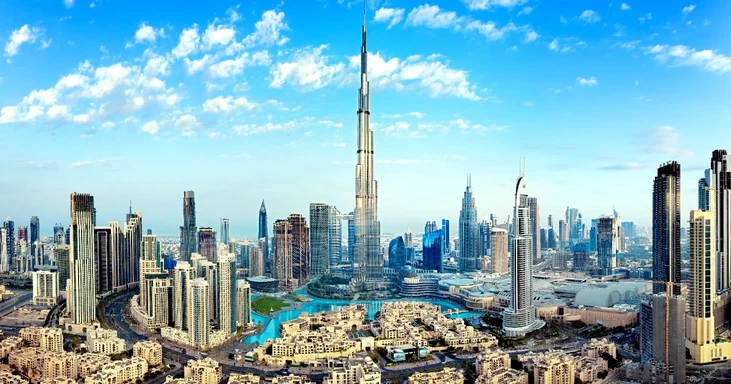
Dubai Vs the Global Real Estate Market Comparision
Published :
Last Updated :

Published :
Last Updated :
The Dubai real estate market has received a warm welcome as one of the most sought-after investment destinations in the modern world, with its attractive rental rates, tax-free environment and prime infrastructure. Although the tradition of an international market like London, New York or Singapore remains robust, Dubai has found its niche as a place where an international investor seeks a good life.
When you put Dubai against the rest of the globe, you realise that there are excessive differences in affordability, its future regulations and plans. This blog presents how Dubai compares with established markets, the opportunities it presents and what investors should consider before taking the plunge.
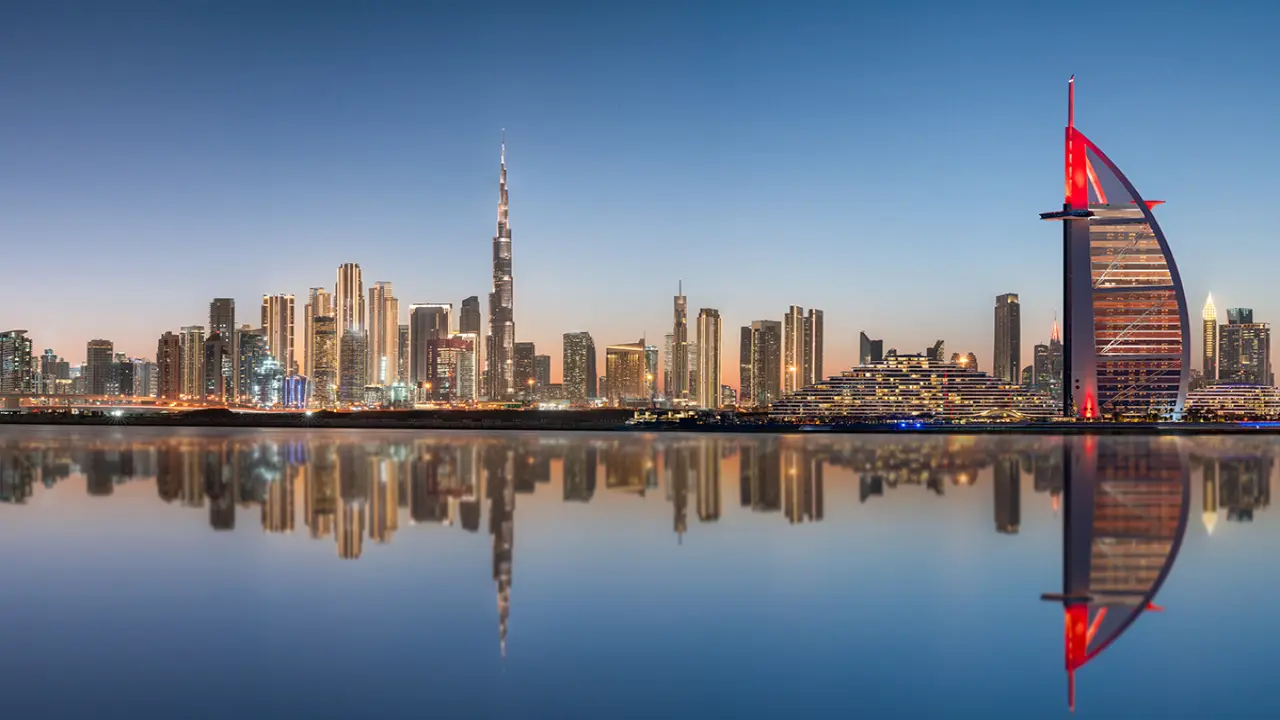
Significant changes have taken place in the real estate market in Dubai in recent years; however, 2025 has been a turning point. There has been extraordinary demand for everything from luxury homes to low-income housing to office space to waterfront land. Investors are no longer confining their attention to established precincts like Downtown Dubai and Palm Jumeirah; emerging areas such as Dubai South, MBR City and Dubai Creek Harbour now get high appeal. Rental returns in Dubai are between 6–8%, and this is far better than any of the global hubs – London, New York.
Lifestyle choice is driving investment back into Dubai real estate, making condos for sale in Dubai a high-yielding investment market.
The property market across the world is finding its way through a complicated territory due to increased interest rates, inflation, and changing customer preferences. The problems of barriers to entry, heavy lending conditions, and taxes are affecting London, New York, and Hong Kong. Simultaneously, newer markets like Vietnam, Turkey, and Saudi Arabia are equally attractive to investors because of the favourable prices and growth opportunities.
In brief, the world market provides stability in developed hubs but development opportunities in new areas-with its own risk-reward ratio.
Since the foundation of Dubai as a real estate market, the city has made itself one of the most appealing in the international market, unlike other established real estate markets such as London, New York, Hong Kong, and Singapore. The reasons are clear:
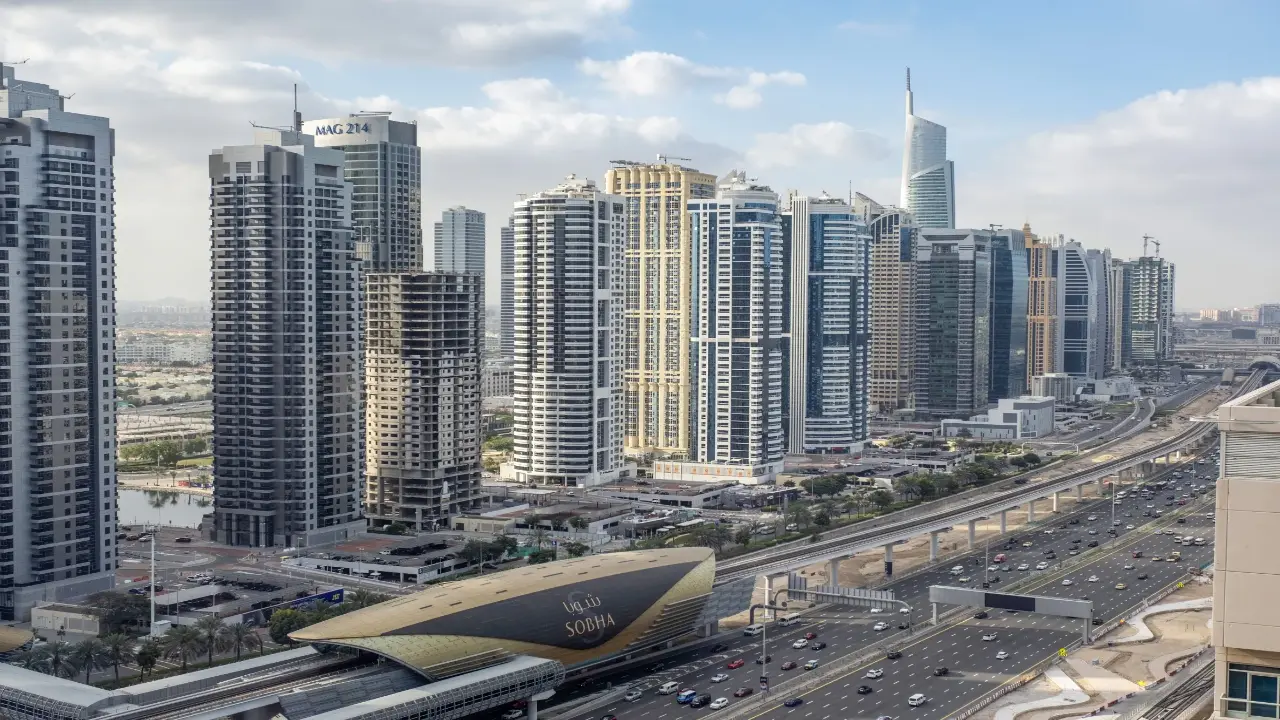
Fundamentally, Dubai has a combination of low-cost, high-curve, and global-scale lifestyle, something that few global markets have.
Although the Dubai real estate market may seem quite appealing, it is not a problem-free scenario.
To the investors, these risks imply that market research and mutual views need to be undertaken critically over time, compared to Dubai, in contrast with the mature global hubs.
The Dubai real estate business is in a strong upward trend, and there are a few indications that the business will continue growing. The long-term residency visas, the 100% foreign ownership regulations, and no property taxes, among other policies, have continued to draw investors all over the world into the city. As the number of mega-projects builds up (or develops new waterfront sites and smart city technology), there are increased opportunities in both the luxurious and affordable segments.
All over the world, real estate is experiencing the headwinds in terms of the increased interest rates, inflation and the tightening of lending conditions, and in the developing areas, there is the growth of the demand. Dubai is unique in that it promises investors a combination of low-cost, good yield, and luxury, given its favourable prospects.
Dubai has become a global superpower in the field of real estate development, with potential rental rates, a tax-free system, and luxurious lifestyles at fairly reasonable costs. Mature markets such as London, New York, Hong Kong, and Singapore are prestigious, but expensive, burdensome in taxation, and less profitable.
The best thing about Dubai is that it has combined investor-friendly policies with the world's best infrastructure and high growth potential. However, risks such as market cyclicity and oversupply, among others, need a long-term, intensive strategy. Dubai is an interesting alternative to established global centres that offer opportunities to people who want opportunities.

Your gateway to offline planning in the digital realm. Discover a world of real estate opportunities through our immersive offline property website experience

Apartments
AED 1,594,000
Expo City Dubai
1, 2 & 3
889 - 2403 Sq Ft
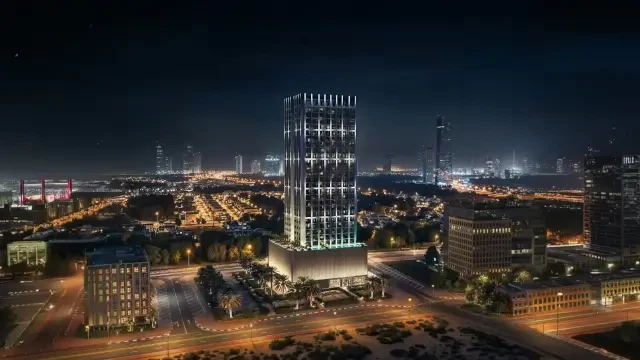
Apartments
Studios
AED 764,999
Jumeirah Village Circle
Studio, 1 & 2
341 - 1827 Sq Ft

Apartments
Penthouses
Townhouses
AED 2,500,000
Dubai Islands
1, 2 & 3
898 - 3312 Sq Ft
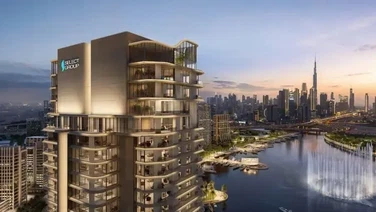
Apartments
Penthouses
Duplexes
AED Coming soon
Dubai Design District
1, 2, 3 & 4
738 - 7767 Sq Ft

Apartments
AED 840,000
Jumeirah Village Circle
Studio, 1, 2 & 3
381 - 1326 Sq Ft

Apartments
Penthouses
Mansions
AED Coming soon
Palm Jumeirah
2, 3, 4, 5 & 6
1541 - 12382 Sq Ft

Apartments
AED 1,594,000
Expo City Dubai
1, 2 & 3
889 - 2403 Sq Ft

Apartments
Studios
AED 764,999
Jumeirah Village Circle
Studio, 1 & 2
341 - 1827 Sq Ft

Apartments
Penthouses
Townhouses
AED 2,500,000
Dubai Islands
1, 2 & 3
898 - 3312 Sq Ft

Apartments
Penthouses
Duplexes
AED Coming soon
Dubai Design District
1, 2, 3 & 4
738 - 7767 Sq Ft

Apartments
AED 840,000
Jumeirah Village Circle
Studio, 1, 2 & 3
381 - 1326 Sq Ft

Apartments
Penthouses
Mansions
AED Coming soon
Palm Jumeirah
2, 3, 4, 5 & 6
1541 - 12382 Sq Ft

Commercial
AED Coming soon
Damac Lagoons
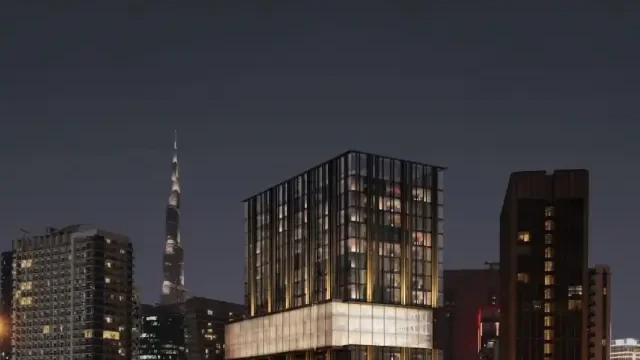
Commercial
AED Coming soon
Business Bay

Commercial
AED Coming soon
Business Bay

Apartments
Commercial
Penthouses
AED 2,000,000
Meydan
1, 2 & 3
640 - 4244

Apartments
Commercial
AED 1,900,000
Sheikh Zayed Road
1, 2 & 3

Apartments
Commercial
AED 1,142,000
Damac hills
1 & 2
740 - 6588 Sq Ft

Apartments
Penthouses
Duplexes
AED Coming soon
Dubai Design District
1, 2, 3 & 4
738 - 7767 Sq Ft

Apartments
Penthouses
Duplexes
AED 3,600,000
Downtown Dubai
1, 2, 3, 4, 5 & 6
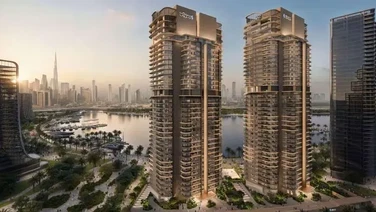
Apartments
Penthouses
Duplexes
AED 2,300,000
Dubai Design District
1, 2, 3 & 4
741 - 1988 Sq Ft

Apartments
Duplexes
AED 1,069,888
Town Square Dubai
1, 2 & 3
609 - 1808 Sq Ft

Apartments
Duplexes
Studios
AED 800,000
Jumeirah Village Circle
Studio, 1, 2 & 3
496 - 2,888 Sq Ft

Apartments
Duplexes
AED Coming soon
Dubai Islands
1, 2, 3 & 4
767 - 4,784 Sq Ft

Apartments
Penthouses
Mansions
AED Coming soon
Palm Jumeirah
2, 3, 4, 5 & 6
1541 - 12382 Sq Ft

Villas
Mansions
AED 20,000,000
Mohammed bin Rashid City
5 & 6
13,007 - 13,568 Sq Ft

Villas
Mansions
AED 11,800,000
Jumeirah Golf Estates
4, 5 & 6
6069 - 10762 Sq Ft
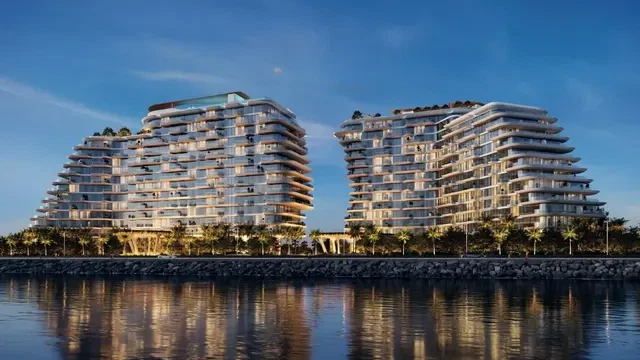
Apartments
Penthouses
Mansions
AED 5,500,000
Palm Jumeirah
1, 2, 3, 4, 5 & 6
940 - 11830 Sq Ft

Mansions
AED 65,000,000
Jumeirah
7
41550 - 49062 Sq Ft

Mansions
AED Coming soon
Tilal Al Ghaf
6 & 7

Apartments
Penthouses
Townhouses
AED 2,500,000
Dubai Islands
1, 2 & 3
898 - 3312 Sq Ft

Apartments
Penthouses
Duplexes
AED Coming soon
Dubai Design District
1, 2, 3 & 4
738 - 7767 Sq Ft

Apartments
Penthouses
Mansions
AED Coming soon
Palm Jumeirah
2, 3, 4, 5 & 6
1541 - 12382 Sq Ft

Apartments
Penthouses
Duplexes
AED 3,600,000
Downtown Dubai
1, 2, 3, 4, 5 & 6

Apartments
Penthouses
Duplexes
AED 2,300,000
Dubai Design District
1, 2, 3 & 4
741 - 1988 Sq Ft

Apartments
Penthouses
AED 138,000,000
Jumeirah 2
2, 3 & 4
4,756 - 9,867 Sq Ft

Apartments
Studios
AED 764,999
Jumeirah Village Circle
Studio, 1 & 2
341 - 1827 Sq Ft
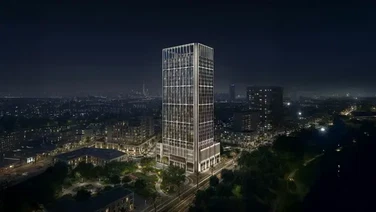
Apartments
Studios
AED 766,999
Jumeirah Village Triangle
Studio, 1 & 2
336 - 1859 Sq Ft

Apartments
Studios
AED Coming soon
Damac Lagoons
Studio, 1 & 2
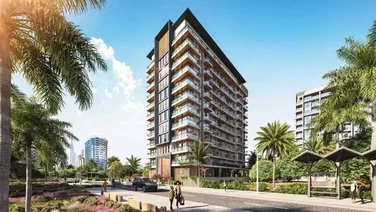
Apartments
Studios
AED 580,000
Dubai Land Residence Complex
Studio, 1 & 2

Apartments
Studios
AED 650,000
Dubai Production City
Studio, 1, 2 & 3
404 - 2092 Sq Ft

Apartments
Studios
AED 1,600,000
Meydan
Studio, 1, 2 & 3
370 - 1568 Sq Ft

Apartments
Penthouses
Townhouses
AED 2,500,000
Dubai Islands
1, 2 & 3
898 - 3312 Sq Ft

Villas
Townhouses
AED Coming soon
Dubailand

Villas
Townhouses
AED 6,150,000
Nad Al Sheba
3, 4 & 5
3252 - 5650 Sq Ft

Apartments
Townhouses
AED 1,270,000
Emaar South
1, 2 & 3
788 - 2728 Sq Ft

Apartments
Studios
Penthouses
Townhouses
Duplexes
AED 900,000
Wasl Gate
Studio, 1, 2, 3 & 4
523 - 1982 Sq Ft

Villas
Townhouses
AED Coming soon
Dubai Investments Park

Villas
AED 16,550,000
The Oasis
4, 5 & 6
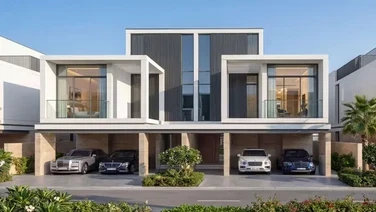
Villas
AED Coming soon
Sobha Sanctuary
4 & 5
2520 - 4154 Sq Ft
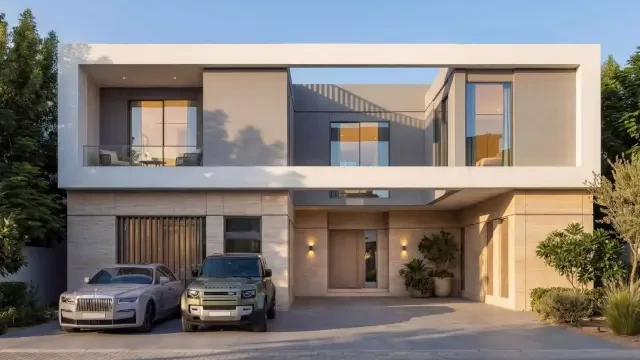
Villas
AED Coming soon
Sobha Sanctuary
4, 5 & 6
4905 - 7191 Sq Ft

Villas
AED Coming soon
The Heights Country Club & Wellness
3, 4 & 5

Villas
AED Coming soon
Nad Al Sheba
3, 4, 5 & 6

Villas
Townhouses
AED Coming soon
Dubailand
Subscribe to our Daily, Weekly and Monthly Newsletters, Expert Advice and Latest Launch with Zero Spam, Unsubscribe Anytime.